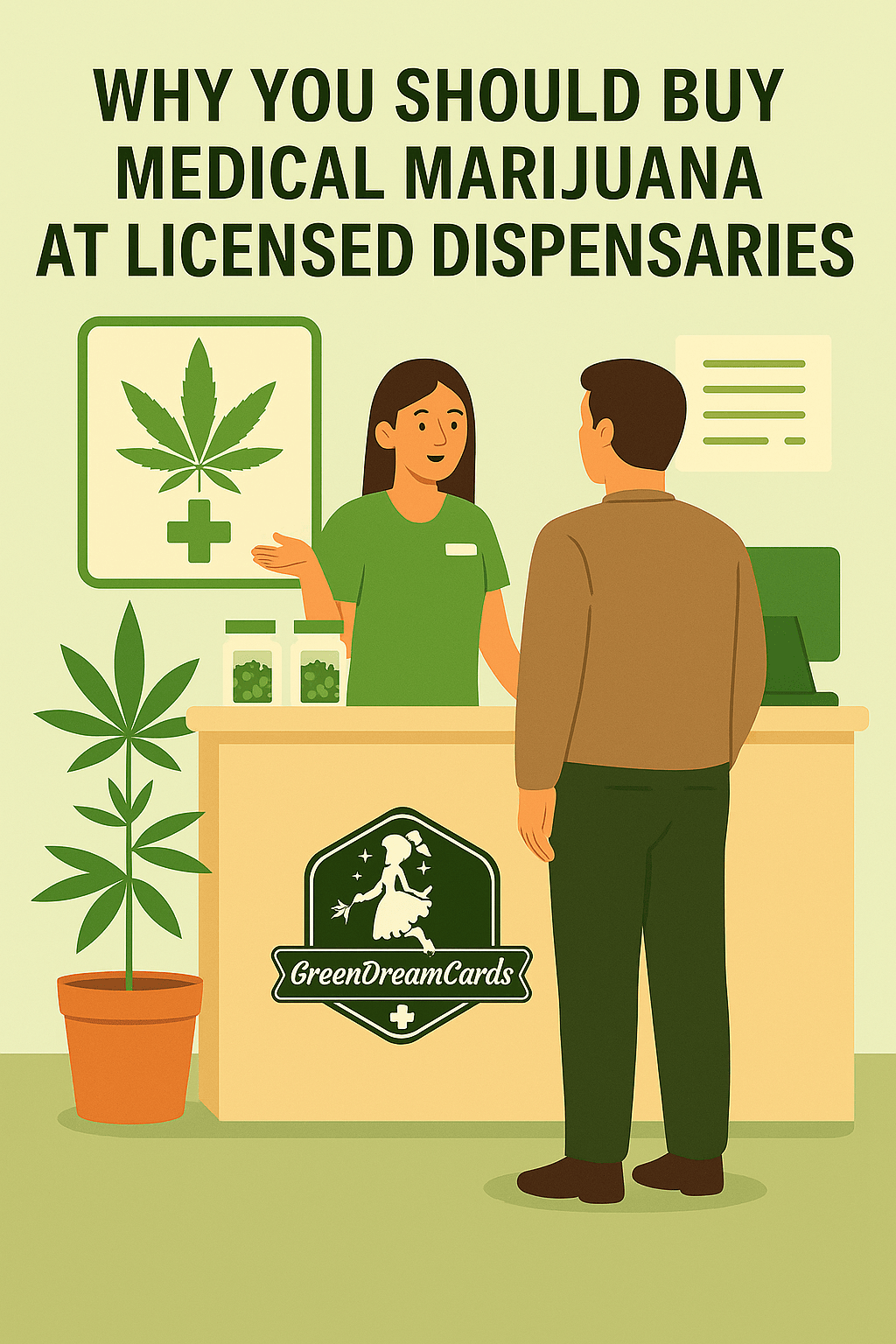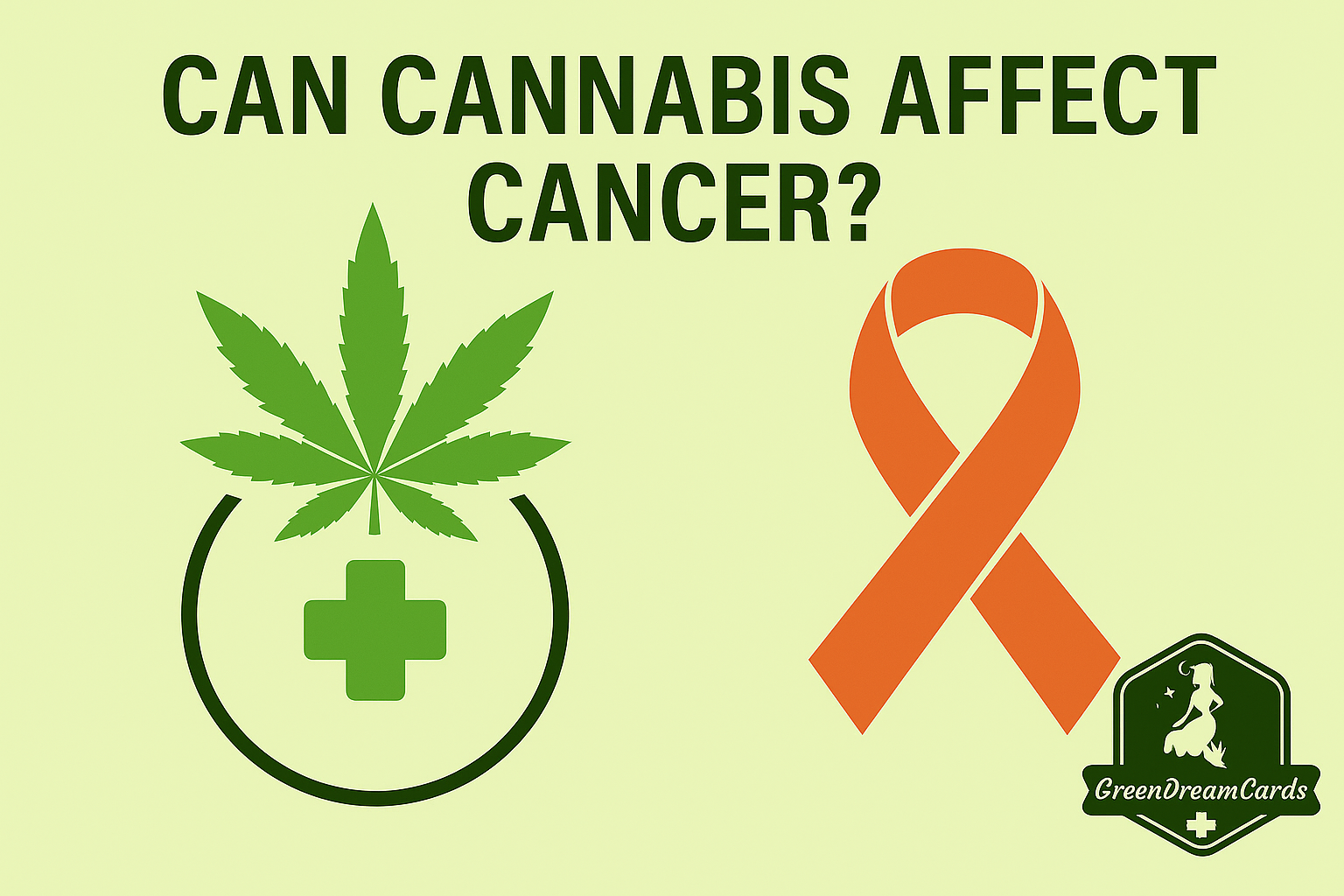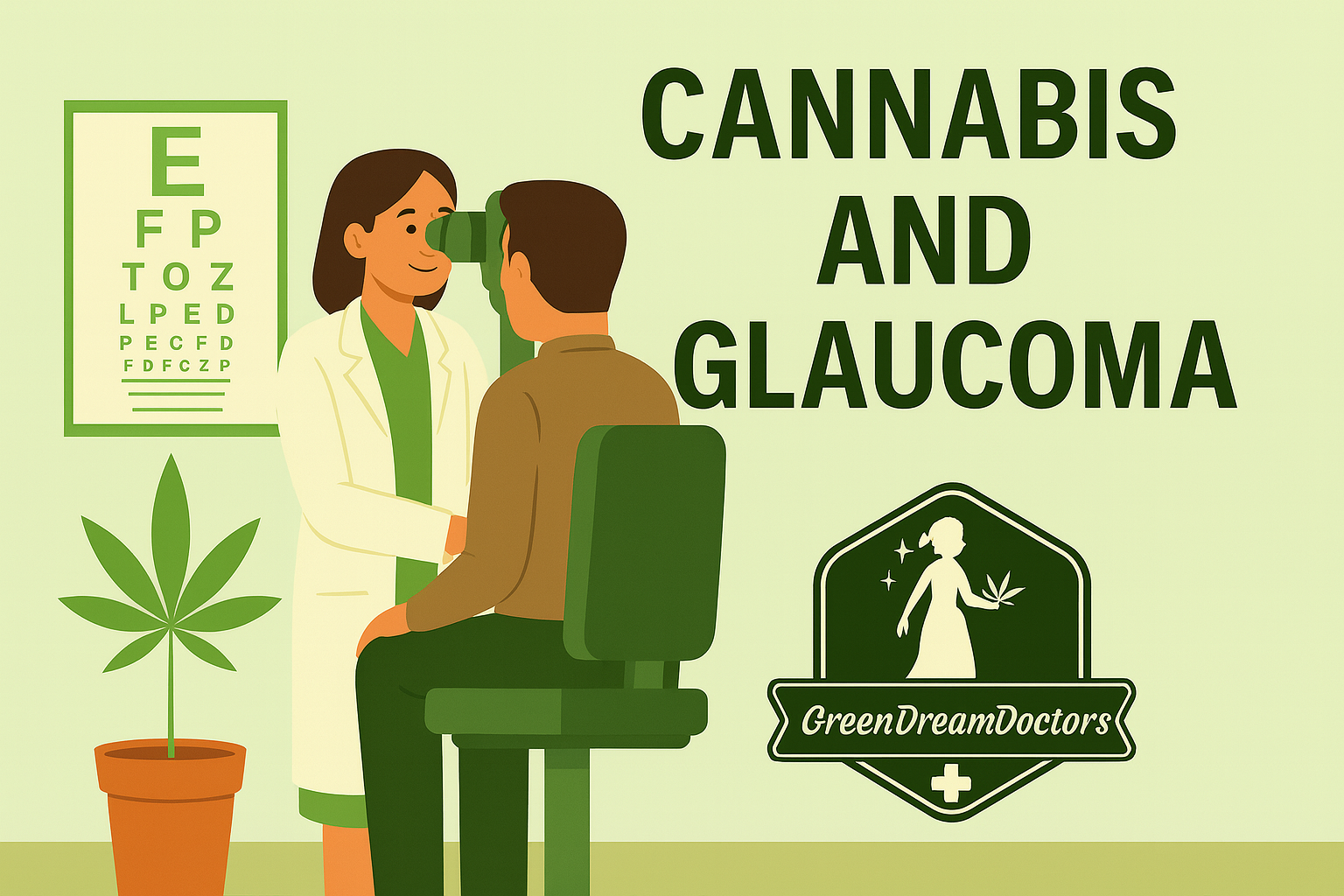When it comes to medical marijuana, where you shop matters just as much as what you buy. Licensed dispensaries offer tested, high-quality products, while black-market cannabis comes with serious hidden risks, especially concerning how the cannabis is grown and what substances remain in the final product.
If you’re managing a condition like chronic pain, PTSD, or autoimmune disorders, protecting your health means avoiding unregulated, contaminated cannabis. Here’s why shopping at licensed dispensaries is essential for your safety.
1. The Hidden Dangers in Black-Market Cannabis
Many consumers assume all cannabis is the same. It’s not. Cannabis grown and sold illegally often:
-
Uses synthetic fertilizers and unregulated pesticides.
-
Is not tested for contaminants like mold, bacteria, heavy metals, or chemical residues.
-
Lacks proper flushing during cultivation, leading to leftover fertilizers in the final product.
These shortcuts can pose serious health risks, particularly for patients with weakened immune systems or chronic illnesses.
2. Why Fertilizers Matter
In unregulated grows:
-
Synthetic fertilizers are commonly used to boost plant growth quickly.
-
Some fertilizers may leave behind heavy metals like lead, cadmium, or arsenic.
-
Without proper harvesting and flushing practices, chemical residues remain in the cannabis flower.
Patients inhaling or ingesting this contaminated cannabis could experience:
-
Respiratory irritation
-
Nausea or headaches
-
Long-term toxic buildup, which could worsen existing health issues
3. The Pesticide Problem
What Are Pesticides?
Pesticides are chemicals used to:
-
Kill insects (insecticides)
-
Prevent mold (fungicides)
-
Eliminate weeds (herbicides)
While these chemicals protect crops, they can also leave harmful residues on the plant. In cannabis, this becomes especially dangerous because:
-
Inhalation during smoking or vaping can release toxic gases.
-
Eating edibles made from contaminated plants leads to direct chemical ingestion.
Known risks from pesticide exposure include:
-
Respiratory problems
-
Organ toxicity (liver, kidneys)
-
Increased cancer risks over time
Certain pesticides, like myclobutanil, can produce hydrogen cyanide gas when heated — highly toxic to humans.
Why Licensed Dispensaries Are Safer
Licensed dispensaries are required to:
-
Test all products for pesticide residues.
-
Provide a Certificate of Analysis (COA) proving that products meet safety standards.
-
Encourage growers to use natural pest control methods like beneficial insects instead of chemical sprays.
In states like Florida, strict testing laws mean patients buying from Medical Marijuana Treatment Centers (MMTCs) can feel confident that their medicine is free from harmful contaminants.
4. Consistency and Transparency
Licensed dispensaries:
-
Ensure consistent cannabinoid profiles (CBD, THC levels).
-
Follow standardized growing methods to maintain product quality.
-
Provide detailed lab results with cannabinoid content and contaminant testing.
Black-market cannabis, by contrast, is inconsistent — varying in potency and safety from batch to batch.
5. Why It Matters for Medical Patients
For patients with chronic illnesses or compromised immune systems, exposure to:
-
Heavy metals
-
Mold
-
Pesticides
-
Residual fertilizers
can be dangerous and potentially life-threatening. Patients deserve cannabis that is not only effective but also clean and safe.
6. What to Look for When You Shop
-
Ask for a Certificate of Analysis (COA).
-
Choose products labeled as lab-tested for pesticides, heavy metals, and molds.
-
Stick to licensed dispensaries that are legally required to follow strict quality standards.
Conclusion
When it comes to your health, cutting corners isn’t worth the risk. Buying your medical marijuana from a licensed dispensary ensures that you’re getting safe, lab-tested, and regulated products — free from dangerous fertilizers, pesticides, and contaminants.
If you’re managing conditions like chronic pain or PTSD, the peace of mind that comes from knowing your cannabis is safe can make all the difference.
Choose licensed dispensaries. Choose clean, reliable medicine.


